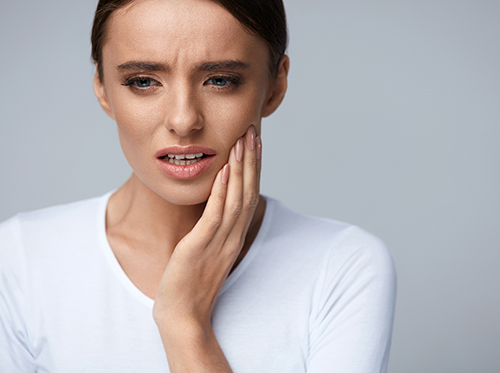What exactly is a cavity?
September 26th, 2019

We all know how discouraging can be it to hear you have a dental cavity. Knowing how cavities form can help you prevent them from popping up in your mouth. If you want to avoid a trip to see Drs. Mark and Nick Troilo, pay attention to the measures you can take to prevent bothersome cavities.
Did you know that cavities are properly a symptom of a disease called caries? When you have caries, the number of bad bacteria in your mouth increases, which causes an acceleration in tooth decay. Caries are caused by a pH imbalance in your mouth that creates problems with the biofilm on the teeth.
When there are long periods of low pH balance in the mouth, this creates a breeding ground for bacteria. When you get caries, this type of bacteria thrives in an acidic environment.
Depending on which foods and beverages you consume, the biofilm pH in your mouth will vary. The lower the pH number, the higher the acidity. When your intake contains mostly acidic foods that sit on your teeth, cavities begin to form. Water has a neutral pH, which makes it a good tool to promote a healthy pH balance in your mouth.
A healthy pH balance in your mouth will prevent cavities from forming over time. Mouth breathing and specific medications may also be factors that contribute to the development of caries when saliva flow decreases. Without saliva flow to act as a buffer against acid, bacteria has a higher chance of growing.
Don’t forget: Getting cavities isn’t only about eating too many sweets. It’s also about managing the pH levels in your mouth and preventing bad bacteria from growing on your teeth.
If you think you might have a cavity forming in your mouth, schedule an appointment at our Rose Hill, KS office. It’s worthwhile to treat cavities early and avoid extensive procedures such as root canals from becoming necessary.
Keep up with brushing, flossing, and rinsing with mouthwash so you can prevent cavities over time.







